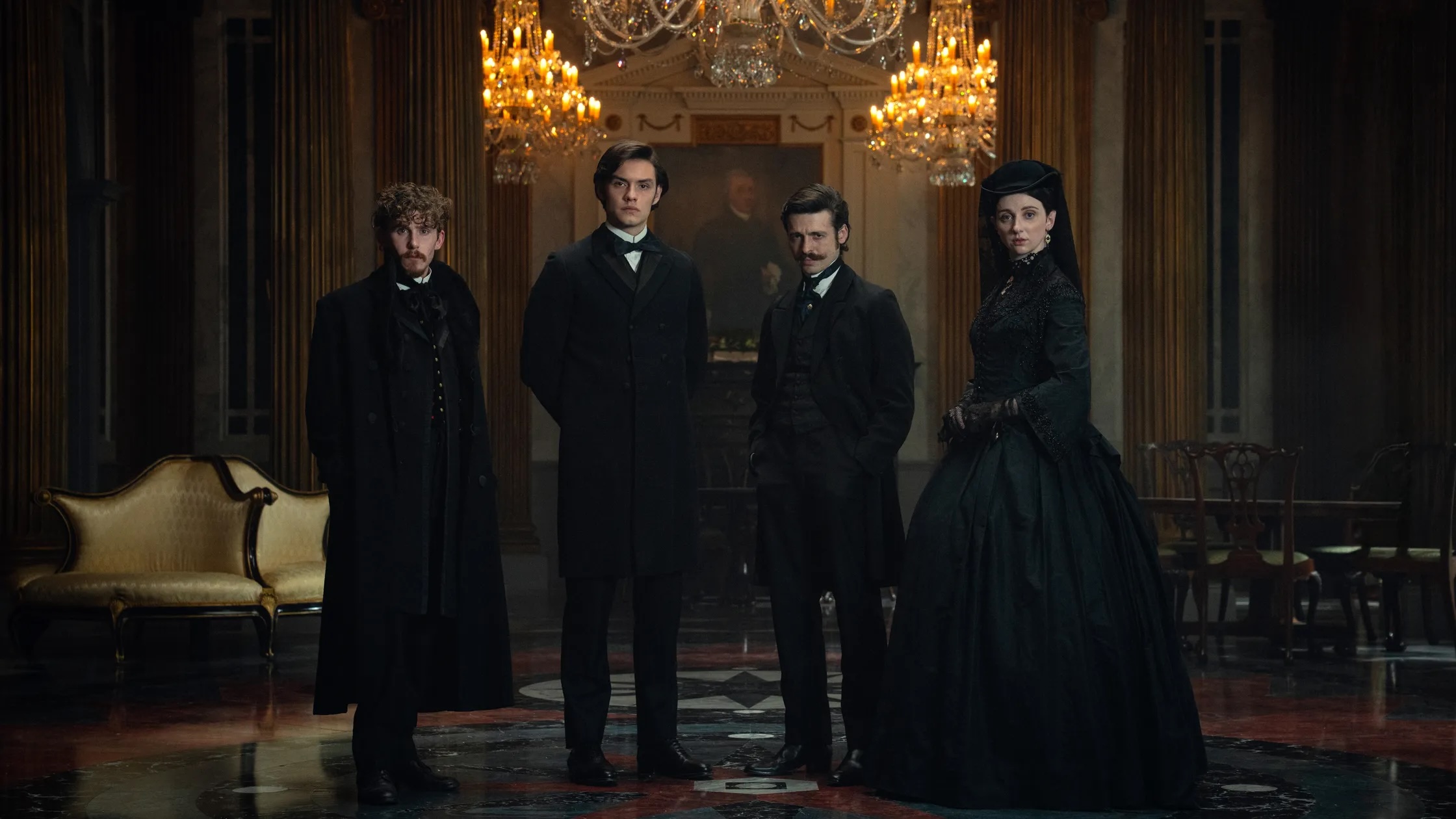What is everyone talking about this week: Why we love period drama
Observers cite a need for escapism, but Will Hosie thinks there's more to our enduring love of a period drama.


Exquisite houses, the beauty of Nature, and how to get the most from your life, straight to your inbox.
You are now subscribed
Your newsletter sign-up was successful
For my money, one of the best television shows of the past few years was The Buccaneers. Apple TV’s take on Edith Wharton’s unfinished novel is the very essence of stuff and nonsense: characters whose nominative purpose is to secure husbands end up delivering a drama so riveting it has been called a lovechild of Bridgerton and Gossip Girl. Its third season was announced last month and with it, the conversation about what constitutes going ‘too far’ in modern adaptations has reared its head once more.
Yet the beleaguered question of how best to adapt a period piece — which, depending on your view, has either plagued or sustained the narrative surrounding Emerald Fennell’s Wuthering Heights —is less interesting than considering why we’re obsessed with period pieces in the first place. Although you might argue that our love for them has not waned since Colin Firth first embodied Mr Darcy in 1995, they seem to be hitting a particular nerve at the moment — as evidenced by their sheer volume. I can’t remember the last time there were so many in quick succession: Bridgerton, The Gilded Age, The Buccaneers, House of Guinness, The Forsytes and, from next Valentine’s Day, Pride and Prejudice (Netflix) and Wuthering Heights (Warner Bros).
Observers of the trend have cited a need for escapism among modern audiences, together with a return to more traditional notions of gender and courtship. Regency-era drama, the most popular subgenre, fulfills both criteria; although a show such as The Buccaneers taps into these tropes mainly to subvert them. The academic argument, meanwhile, suggests the plot in such dramas is driven by characters who, as in Jane Austen’s novels, misread one another because they are bound by convention not to reveal their true colours until the necessity of an ending compels them to do so. These obstacles are particularly captivating for a younger generation of viewers who have long jettisoned the virtues of the stiff upper lip.
Yet from where I’m sitting on the sofa, balancing a bowl of popcorn on an increasingly rotund belly, the truth feels more sinister: we love period drama because we love scandal. This was remarkably easy to achieve in the days of Austen, when the thought of an unchaperoned woman was enough to inspire opprobrium. Period dramas are thrilling because the stakes are so high: all the intrigue unfolds against a backdrop of impending or ongoing condemnation. It is this, more than anything else, that makes the genre so popular. More popcorn, please.
Exquisite houses, the beauty of Nature, and how to get the most from your life, straight to your inbox.
Will Hosie is Country Life's Lifestyle Editor and a contributor to A Rabbit's Foot and Semaine. He also edits the Substack @gauchemagazine. He not so secretly thinks Stanely Tucci should've won an Oscar for his role in The Devil Wears Prada.
